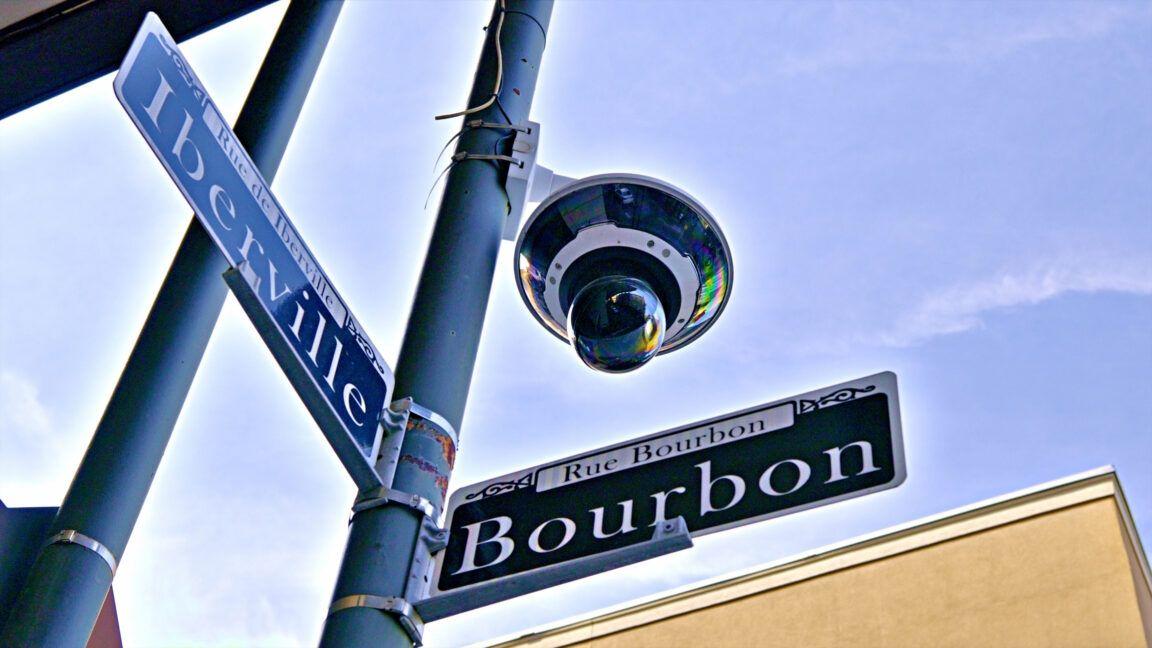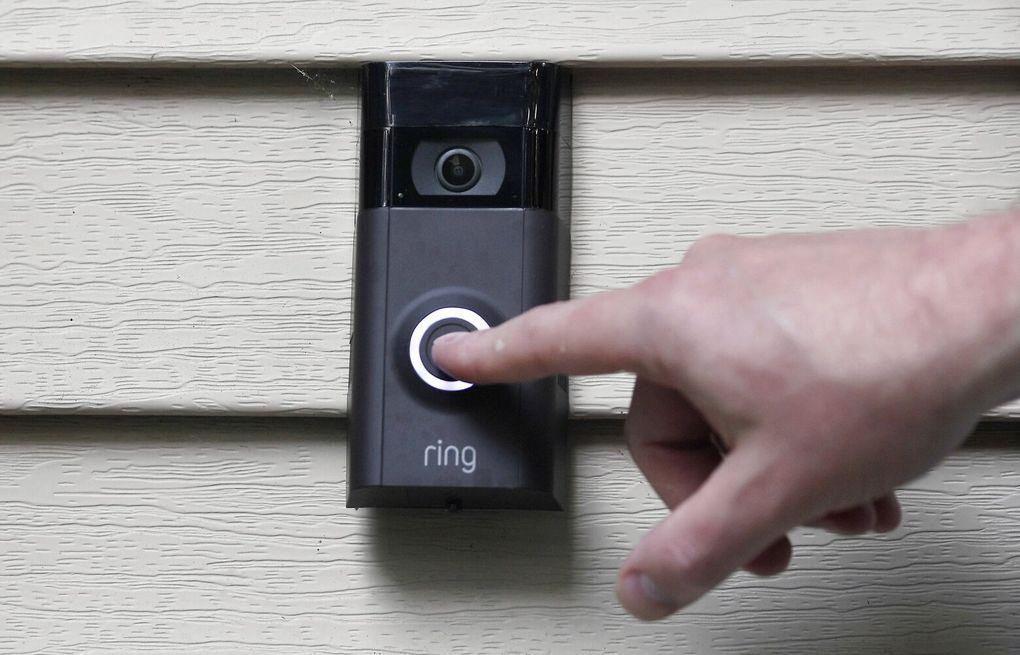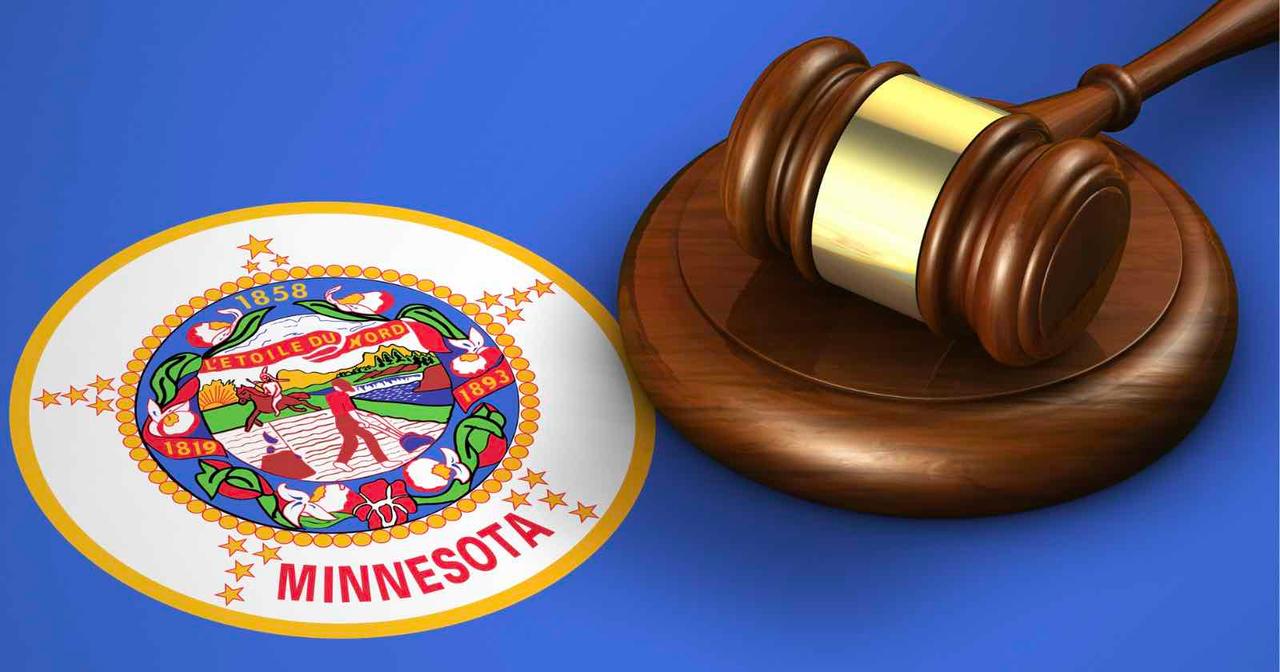Mall of America's New AI-Powered Facial Recognition Technology Sparks Privacy Concerns
2 Sources
2 Sources
[1]
Lawmakers raise concern, vow regulation of Mall of America's new facial recognition software
BLOOMINGTON, Minn. -- New facial recognition software recently implemented at Mall of America is raising concerns about privacy and data retention from a bipartisan pair of state lawmakers who vow to push for regulation next session. The mall, the nation's largest, is using the technology to screen for security threats by capturing faces and matching them against their database of people of interest, like those flagged by law enforcement and others banned from the premises. This follows a few shootings there in recent years; a 19-year-old was killed during an incident in 2022. The software can also be used to find individuals who go missing or could be in danger. A mall spokesperson vows they do not identify or store facial data of any person not determined to be a person of interest. Sen. Eric Lucero, a Republican from St. Michael who works in cybersecurity, said he understands the intention to increase safety but is still skeptical. He and Sen. Omar Fateh, DFL-Minneapolis, issued a joint statement following the news of the technology's implementation, sharing their concerns about privacy and data retention. In an interview with WCCO, Lucero suggested that the state legislature implement a temporary ban on the technology until there are more safeguards in place. He has introduced many bills tackling artificial intelligence and emerging technology, including co-sponsoring a new law prohibiting "deepfakes" to influence elections. Lucero and some Democratic colleagues share similar concerns about AI and its use. He proposes lawmakers implement a temporary ban on technology like what the mall uses until regulations are in place. "There needs to be regulation in place so that anybody considering deploying technologies, such as facial recognition, understands the limitations, and the data privacy issues and concerns have been addressed," Lucero said. "The law is not keeping up with technology. Rather than try to put regulations and guardrails and controls in place after the fact. It is absolutely reasonable to have a moratorium on the deployment of facial recognition technology until such controls can be created." Mall of America in a statement said it does not rely solely on facial recognition software when alerted to a potential match to a person of interest. Up to three people will verify that the right person is identified. "Mall of America understands the importance of navigating between security and privacy and is confident that its limited use of facial recognition technology strikes the right balance. We take the safety of our guests, tenants, and team members very seriously," a spokesperson said by email. "This best-in-class system, and the integration of this technology along with procedural changes provides another layer of security at Mall of America." Dr. Manjeet Rege, director of the Center for Applied Artificial Intelligence at the University of St. Thomas, said he does not have concerns about the technology's use at the Mall of America, citing the mall's statement that it does not retain the data of those captured on camera, but instead uses the live feed to find matches against an existing "person of interest" database. He noted that facial recognition isn't anything new -- it's used in airports, to unlock cell phones, and to identify friends on Facebook when someone is uploading a photo to the platform -- but said the technology has improved significantly so some algorithms have nearly 100% accuracy. If that video was stored without the consent of people visiting the mall, that would be a concern, he said. But in this case, he believes it's an example of using AI for good. "There's only so much human security can do, so it is extremely important that we deploy technology for everyone's safety," Rege said. "And this is a very good step in that regard." Fateh in his statement vowed to act on concerns about data privacy and civil liberties "as soon as possible" when lawmakers return to St. Paul. The next legislative session begins in January. "It is not yet clear how that data will be stored, distributed or protected from data breaches. The Mall of America is a major public institution for our state and should not take this dramatic new step without explaining to citizens how this would work, and why this invasion of privacy and violation of civil liberties is necessary," he said.
[2]
Mall of America's new facial technology recognition sparks safety concerns
A new technology at the Mall of America designed to boost safety is sparking concerns about data privacy. We first told you last month about the facial recognition artificial intelligence software being used there. As Caroline Cummings reports, some lawmakers now want to regulate it.
Share
Share
Copy Link
The Mall of America in Minnesota has implemented new artificial intelligence and facial recognition technology, raising questions about privacy and safety among visitors and civil liberties advocates.

Introduction to Mall of America's New Technology
The Mall of America, one of the largest shopping centers in the United States, has recently implemented cutting-edge artificial intelligence (AI) and facial recognition technology. This move has sparked a debate about the balance between enhanced security measures and potential privacy infringements
1
.The New Security System
The mall's new security system utilizes a network of cameras equipped with AI-powered facial recognition capabilities. These cameras are designed to identify and track individuals throughout the mall, with the stated goal of improving safety and security for visitors
2
.Potential Benefits
Proponents of the technology argue that it can help prevent crime and quickly respond to emergencies. The system's ability to identify and track individuals could potentially aid in locating missing persons, deterring shoplifting, and responding swiftly to security threats
1
.Privacy Concerns
However, the implementation of this technology has raised significant privacy concerns among visitors and civil liberties advocates. Critics argue that the constant surveillance and data collection infringe on personal privacy rights
1
. There are concerns about how the collected data will be stored, used, and potentially shared with law enforcement or other third parties.Legal and Ethical Considerations
The use of facial recognition technology in public spaces like the Mall of America raises important legal and ethical questions. While the mall is private property, its status as a public gathering place complicates the issue of consent for data collection
2
. There are also concerns about the accuracy of facial recognition technology and the potential for misidentification or bias.Related Stories
Public Reaction
Public reaction to the new technology has been mixed. Some visitors express comfort with the added security measures, while others feel uneasy about being constantly monitored. The mall's management has stated that the technology is intended to enhance visitor safety, but they have not provided detailed information about data retention policies or privacy safeguards
1
.Future Implications
The implementation of AI and facial recognition technology at the Mall of America could set a precedent for other large public venues. As this technology becomes more widespread, it is likely to fuel ongoing debates about the balance between security and privacy in public spaces
2
. The situation highlights the need for clear regulations and guidelines governing the use of such technologies in commercial and public settings.References
Summarized by
Navi
Related Stories
New Orleans Police Pause Controversial AI-Powered Facial Recognition Program Amid Privacy Concerns
20 May 2025•Technology

Amazon's Ring Introduces Controversial Facial Recognition Feature, Sparking Privacy Concerns
09 Oct 2025•Technology

Amazon Ring deploys facial recognition to doorbells as privacy experts sound the alarm
09 Dec 2025•Technology

Recent Highlights
1
ByteDance's Seedance 2.0 AI video generator triggers copyright infringement battle with Hollywood
Policy and Regulation

2
Demis Hassabis predicts AGI in 5-8 years, sees new golden era transforming medicine and science
Technology

3
Nvidia and Meta forge massive chip deal as computing power demands reshape AI infrastructure
Technology





